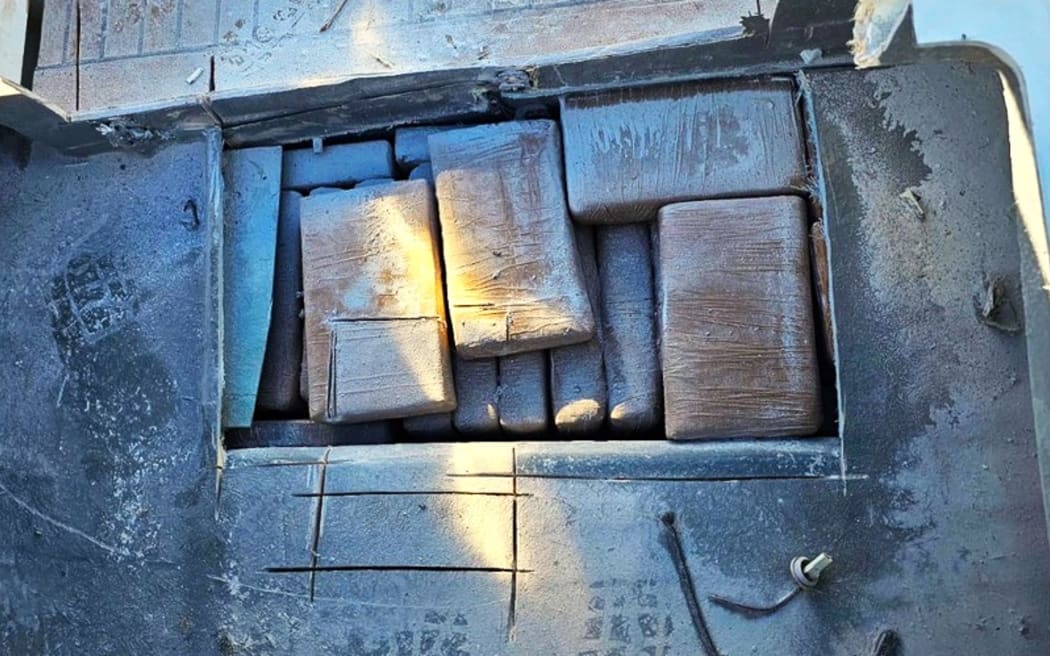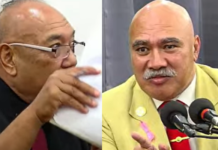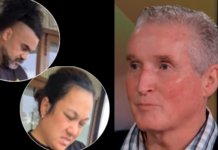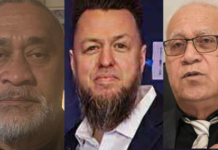Large shipments of cocaine from Mexico, intercepted in French Polynesia and valued at a staggering €331 million (approximately TOP$1 billion), were reportedly bound for Tonga and Australia.

The discovery suggests that the Kingdom’s decade-long battle against its drug crisis is far from over and is, in fact, escalating.
The initial seizure took place on 14 July in Nuku Hiva, located in the Marquesas Islands, approximately 1,400 kilometres north of Tahiti, according to RNZ Pacific.
In the largest drug bust in French Polynesian history, authorities discovered 900 kilograms of cocaine and 180 kilograms of methamphetamines, seized the yacht used for transport, and repatriated it to Tahiti and the capital, Pape’ete.
Sniffer dog units were deployed during the investigation, resulting in the discovery of an additional 714.1 kilograms of cocaine and 49.8 kilograms of methamphetamines concealed within the boat’s structure.
This brought the final total to 1,646.8 kilograms of cocaine and 232.4 kilograms of methamphetamines, according to the report.
Weapons Among Drugs
In addition to the massive drug haul, authorities also discovered 11 Glock semi-automatic pistols and 24 ammunition magazines concealed aboard the seized vessel. French Home Affairs Minister Bruno Retailleau described the operation as a historic first for French Polynesia.
He praised the coordinated efforts of law enforcement agencies involved, including French Customs, the anti-narcotics unit OFAST, and the Gendarmerie, for their role in executing one of the region’s most significant maritime drug busts.
The three men onboard (a German skipper and two Dutch nationals), remain in custody, local Public Prosecutor Solène Belaouar said in a statement at the weekend.
“This shipment was not for French Polynesia”, head of French Polynesia’s Customs Serge Puccetti told local media.
He said intelligence shared between French authorities and regional law enforcement agencies such as the US, Australia and New Zealand has now clearly established the Pacific as a major transit area between narcotic-production from South America and one of its major new markets, Australia.
Key Transit Route
The discovery has highlighted the increasing use of Tonga as a potential stopover for drug smugglers transporting narcotics from South America to Australia and New Zealand.
Yachts arriving in Tonga have long been under scrutiny, especially since the 2012 discovery of a decomposed body and 200 kilograms (440 pounds) of cocaine aboard a grounded vessel off the coast of the Kingdom.
The drugs, hidden in the hull of a 13-meter yacht, were estimated to be worth up to A$116 million (US$120 million; £75 million).
According to Australian police, law enforcement agencies had been alerted that the drug-laden vessel was en route from South America. Since then, signs of marine-based drug trafficking to Tonga have increased, including blocks of cocaine and methamphetamine washing ashore, and rafts found on beaches in Vavaʻu.
Tonga’s efforts to combat its drug crisis have included high-level initiatives led by King Tupou VI, such as hosting a costly national symposium. Meanwhile, Parliament has introduced tougher penalties for drug-related crimes, including life imprisonment for convicted offenders.







